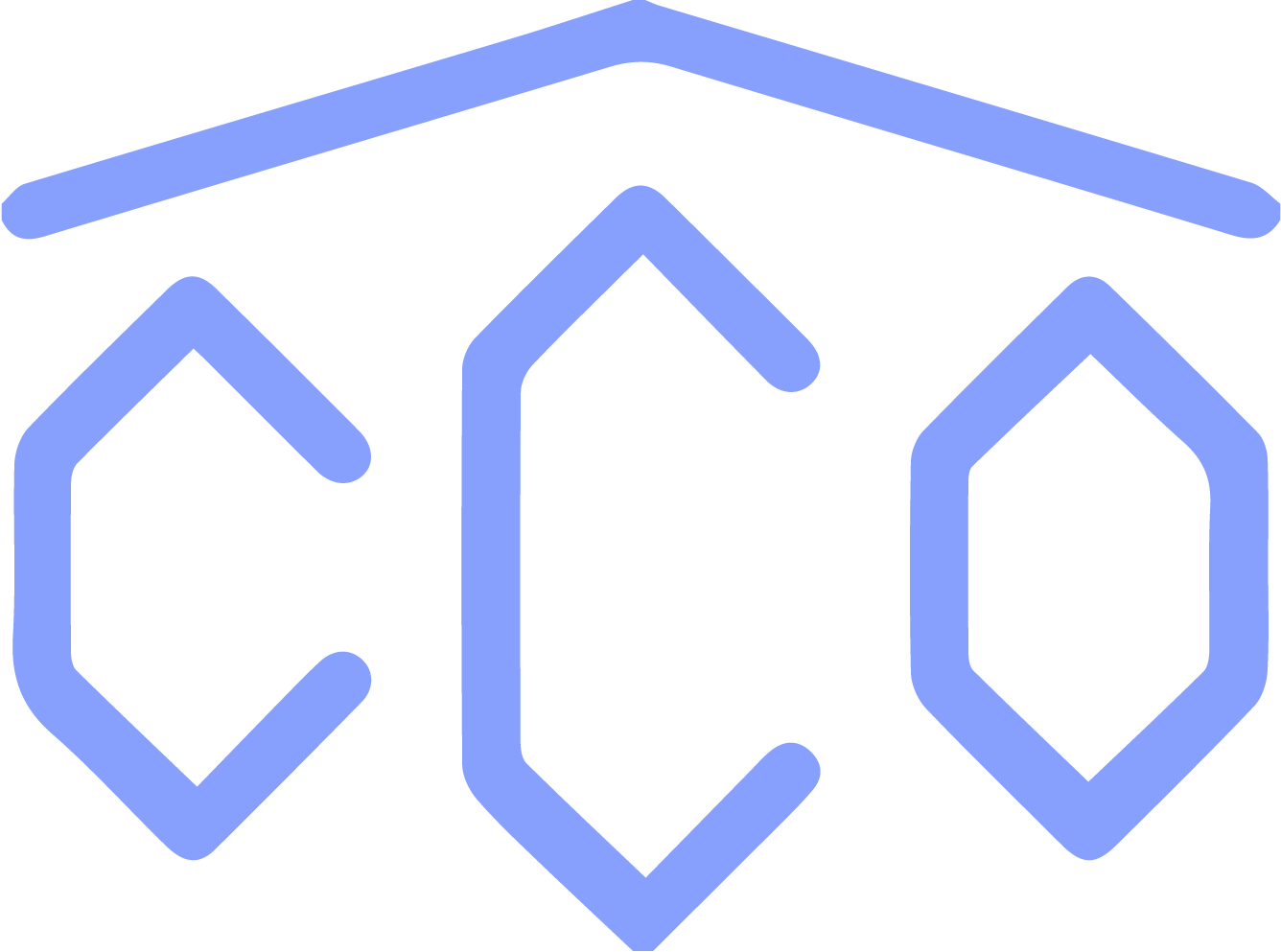Harder Choices For a Better Future - Sustainability in Eco-Tourism
Wendy Hansen’s Words On How Copper Cayuse Outfitter's Sustainable Efforts Are Supporting The Future of Eco-Tourism
Written By: Wendy Hansen @aquietwild
On a June Saturday, Copper Cayuse Outfitters invited me up to their horse ranch in Pemberton to be part of their story for a day. I gladly accepted because I wanted to help them spread a message that is critical for our future wellbeing: that it is possible for sustainable businesses to make the harder but more responsible choice, in order to make the right path easier in the future.
I’ll start with a summary of the day to set the scene before I outline the key sustainability practices of this eco-tourism operation. After a deliciously gorgeous drive through the foggy mountains of Pemberton, my husband Karl, our friend Karina and I met our wrangler Linnaea on a sunny morning. We saddled up on horses that happened to match our personalities with odd accuracy – me on Gus, a slowpoke who loved to snack; Karina on handsome Lonesome, and Karl on showy Oscar with the most excellent mane. Linnaea and her mount Cady led our climb up a thousand feet into the Birkenhead wilderness, and we watched the ecosystem change in front of our eyes. We passed through familiar Pacific Northwest flora, to a jaw-dropping lunch viewpoint with a view far down the valley to Mount Currie, into an enchanted forest with moss dripping from every inch of each tree, and skirted beside Birkenhead Lake into a dry Interior BC-esque climate. Our destination was an off-grid camp that houses Copper Cayuse’s guests for multi-day excursions.
Photo by Wendy Hansen
Photo by Wendy Hansen
Camp, fifteen hundred feet above where we started the day, was an area crafted with pride by hand. The tents are spacious, the food is cooked by fire or propane (depending on whether there is an active fire ban in the region), and solar panels provide much of the power needed. The entire site was built with reclaimed materials and deadfall, with only one tree felled in the process. Don and Dudley CCO’s co-owners described the structure as designed to be easily taken down. If ever there came a time it should be dismantled, within a few years it would be like it was never there. This is a way of thought that is difficult, but necessary – the consideration of the whole life cycle of what you own, and the willingness to recognize the impact of your possessions while they are in your life, and also after you are finished with them. There are many businesses that leave permanent scars on our planet’s surface. CCO does not want to be one of them. Don’s hope is that people will see their alpine camps constructed in this way and know that they can do the same. He spoke passionately about what he had made, in the way that people doing things a better way know they are part of a cause bigger than themselves.
Photo by Wendy Hansen
Photo by Wendy Hansen
A final piece of the “eco” in the eco-tourism practices of CCO is the community involvement I discovered. Our provided lunch was made by a delicious local farm called North Arm Farms. Don spoke of the jobs CCO creates for the local community, and the school programs they run, including for the Lil’wat Nation’s Xet̓ólacw Community School. It’s clear that CCO prides itself on not only being one of the business trailblazers that have our Earth’s interests at heart but also a part of the local community fabric.
Photo by Wendy Hansen
I said to Don that a typical 2-hour ride is a diversion for us city folk, but this full-day experience had been an introduction to a whole new lifestyle. I could feel myself getting wilder with each hoofed stride. We all ended the day with big grins on our faces and an intimate bond to the landscapes that we’d touched, and the gorgeous and emotive animals that took us there.
Photo by Wendy Hansen
Author: Wendy Hansen, @aquietwild






